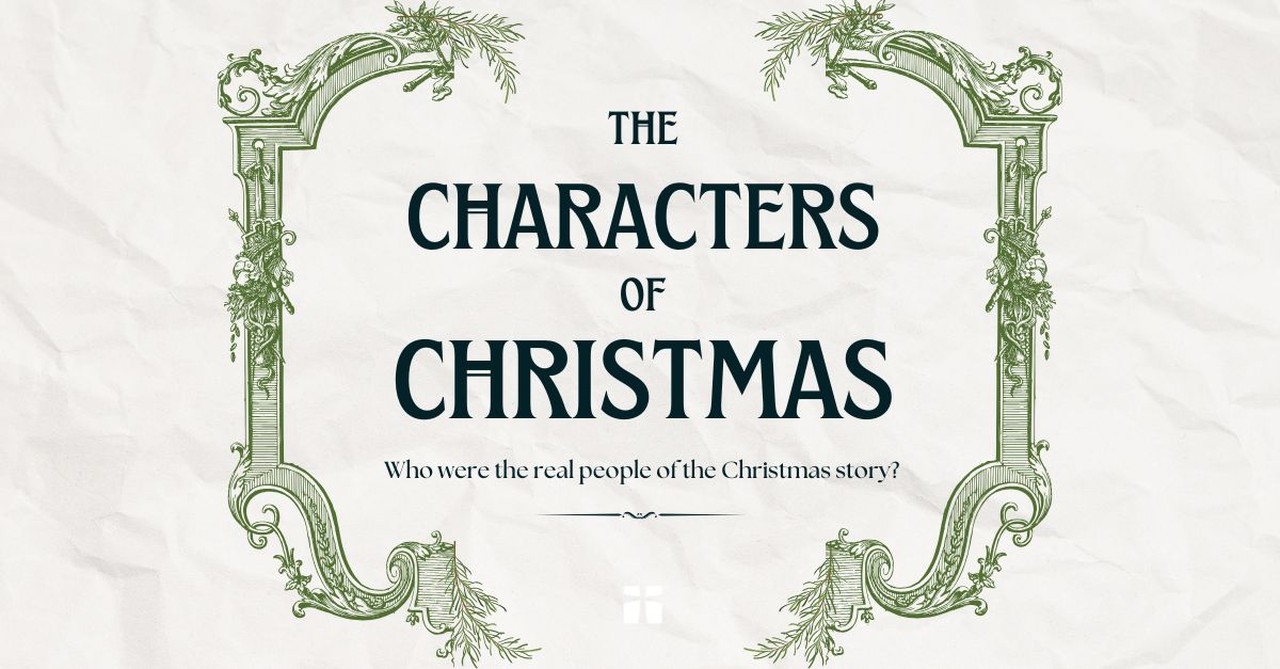John 6:30-44
30 They waffled: "Why don't you give us a clue about who you are, just a hint of what's going on? When we see what's up, we'll commit ourselves. Show us what you can do. 31 Moses fed our ancestors with bread in the desert. It says so in the Scriptures: 'He gave them bread from heaven to eat.'" 32 Jesus responded, "The real significance of that Scripture is not that Moses gave you bread from heaven but that my Father is right now offering you bread from heaven, the real bread. 33 The Bread of God came down out of heaven and is giving life to the world." 34 They jumped at that: "Master, give us this bread, now and forever!" 35 Jesus said, "I am the Bread of Life. The person who aligns with me hungers no more and thirsts no more, ever. 36 I have told you this explicitly because even though you have seen me in action, you don't really believe me. 37 Every person the Father gives me eventually comes running to me. And once that person is with me, I hold on and don't let go. 38 I came down from heaven not to follow my own whim but to accomplish the will of the One who sent me. 39 "This, in a nutshell, is that will: that everything handed over to me by the Father be completed - not a single detail missed - and at the wrap-up of time I have everything and everyone put together, upright and whole. 40 This is what my Father wants: that anyone who sees the Son and trusts who he is and what he does and then aligns with him will enter real life, eternal life. My part is to put them on their feet alive and whole at the completion of time." 41 At this, because he said, "I am the Bread that came down from heaven," the Jews started arguing over him: 42 "Isn't this the son of Joseph? Don't we know his father? Don't we know his mother? How can he now say, 'I came down out of heaven' and expect anyone to believe him?" 43 Jesus said, "Don't bicker among yourselves over me. 44 You're not in charge here. The Father who sent me is in charge. He draws people to me - that's the only way you'll ever come. Only then do I do my work, putting people together, setting them on their feet, ready for the End.



.jpg)
Matthew Henry's Commentary on John 6:30-44
Commentary on John 6:28-35
(Read John 6:28-35)
Constant exercise of faith in Christ, is the most important and difficult part of the obedience required from us, as sinners seeking salvation. When by his grace we are enabled to live a life of faith in the Son of God, holy tempers follow, and acceptable services may be done. God, even his Father, who gave their fathers that food from heaven to support their natural lives, now gave them the true Bread for the salvation of their souls. Coming to Jesus, and believing on him, signify the same. Christ shows that he is the true Bread; he is to the soul what bread is to the body, nourishes and supports the spiritual life. He is the Bread of God. Bread which the Father gives, which he has made to be the food of our souls. Bread nourishes only by the powers of a living body; but Christ is himself living Bread, and nourishes by his own power. The doctrine of Christ crucified is now as strengthening and comforting to a believer as ever it was. He is the Bread which came down from heaven. It denotes the Divinity of Christ's person and his authority; also, the Divine origin of all the good which flows to us through him. May we with understanding and earnestness say, Lord, evermore give us this Bread.
Commentary on John 6:36-46
(Read John 6:36-46)
The discovery of their guilt, danger, and remedy, by the teaching of the Holy Spirit, makes men willing and glad to come, and to give up every thing which hinders applying to him for salvation. The Father's will is, that not one of those who were given to the Son, should be rejected or lost by him. No one will come, till Divine grace has subdued, and in part changed his heart; therefore no one who comes will ever be cast out. The gospel finds none willing to be saved in the humbling, holy manner, made known therein; but God draws with his word and the Holy Ghost; and man's duty is to hear and learn; that is to say, to receive the grace offered, and consent to the promise. None had seen the Father but his beloved Son; and the Jews must expect to be taught by his inward power upon their minds, and by his word, and the ministers whom he sent among them.